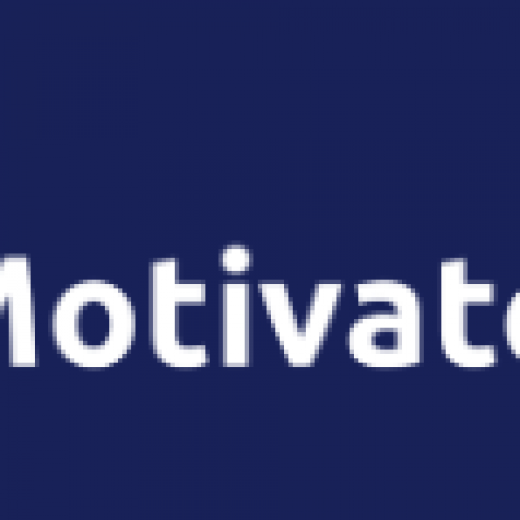Guest speaker Ann Marano joined Future Focused TX to discuss ways to serve and support undocumented youth in Texas. Read and obtain key takeaways from her presentation and access resources to support undocumented students in their postsecondary journey.
Working with undocumented youth can seem like a daunting prospect. There is unfamiliar vocabulary, federal/state law and regulations, and a lack of centralized resources. Thankfully, the team at Future Focused TX recently held a webinar with Ann Marano who serves as the Executive Director for Colleges That Change Lives to address some of these topics. Key takeaways from her presentation have been synthesized and condensed into a high-level overview, which we hope will provide you with a better understanding of how to best serve and support undocumented youth.
It is important to understand that undocumented youth face additional pressures compared to their peers. The greatest pressure is the constant fear of deportation of either themselves, their families, or their friends. The constant presence of stress, anxiety, and fear can make it difficult to build trust, and it often takes conscious and deliberate actions on the part of practitioners to encourage and grow positive relationships. Even if these relationships are built, undocumented youth often face discrimination from professionals at both high schools and postsecondary institutions. These stressors can lead members of this community to experience disillusionment, depression, substance abuse, and even suicidal ideation.
The uncertainty surrounding lack of documentation is similarly extended to questions about the future, such as college admissions and financial uncertainty. Therefore, it is necessary to have a baseline understanding of the terminology and facts surrounding undocumented students and their college admissions and financial aid processes.
There are a lot of factors to keep in mind when working with undocumented youth, but there are also great resources and networks that can be accessed. Some of the largest organizations nationally and within the state include the North Texas Dream Team, RAICES, United We Dream, and the Immigrant Legal Resource Center. Additionally, Ann Marano and FFTX provide a great wealth of resources which can be accessed from this Google Drive folder. Texas OnCourse also provides some great resources and modules to further support your efforts in providing the best college and career advising to our undocumented students in the state of Texas.



Educate Texas, an initiative of Communities Foundation of Texas, is the trusted change agent in education that is thinking bigger by proving solutions through programs and practices, instilling change through policy, and convening the right partnerships and networks for action.
OFFICES
407 N. 77 Sunshine Strip
Harlingen, Texas 78550
MAIN LINKS
INFORMATION